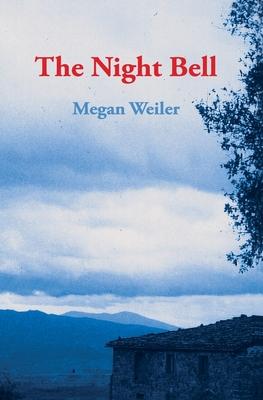"This is a beautiful, painstaking account of a daughter's fraught relationship with her father. It is full of meticulous observation and sharp knowledge of the power of cruelty and the power of love. The tone is astringent and graceful, cool and detached, but the undertone is one of deep and abiding pain. The clarity of the writing alone offers a sort of healing." - Colm Tibn
Hailed as a genius early in his career as a biologist, Irene's father, now at retirement, is a man who has lost his way. The narrative revolves around two visits made by Irene, one to her former home in Germany and the other to a vacation house in Italy. Through memories, dreams, and stories she has been told about the family's past in Nazi Germany, she tries to come to terms with her father's alcoholism and the dissolution of her parents' marriage. The result is a complex and ultimately redemptive portrait.
The Times Literary Supplement wrote: "[The] floating apart, of present from past and of one identity from another, is the concern of Weiler's lucid and intelligent novel. ... Unlike many novels in the same broad subject category, The Night Bell resorts neither to melodrama nor to grimness; nor does it attempt to give reasons for the onset and slowly destructive course of Christof's alcoholism. Instead, Weiler's style offers its own illumination. She skillfully allows individual incidents to take on significance. ... The movement between recollection and present observation is beautifully paced." - Annmarie Drury (TLS, July 27, 2001)
